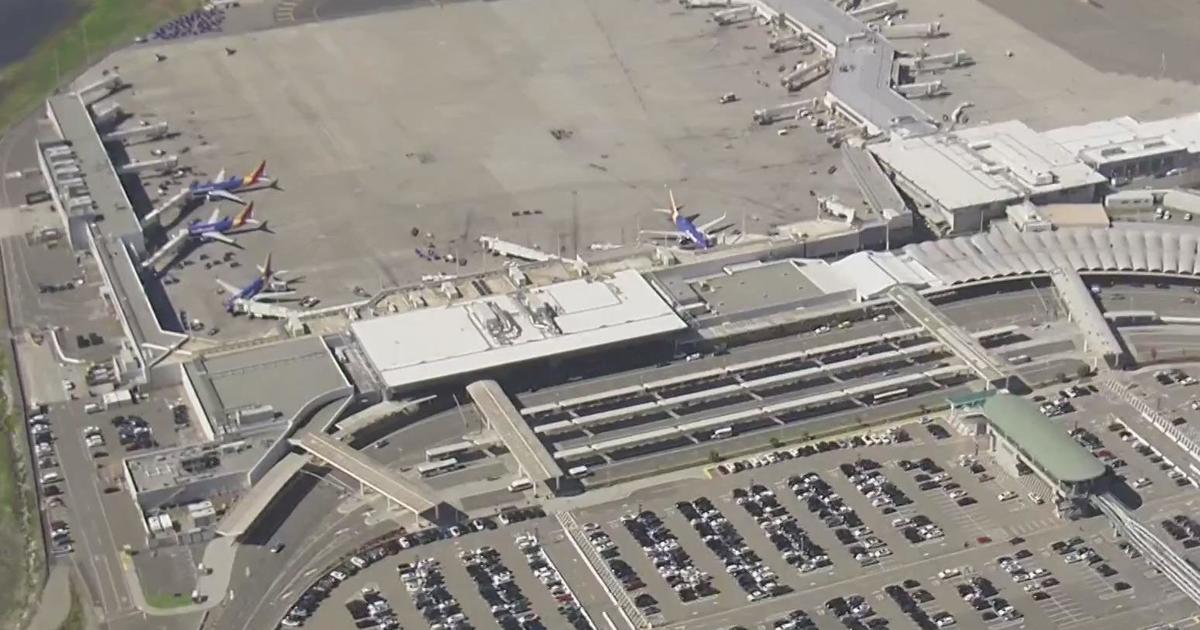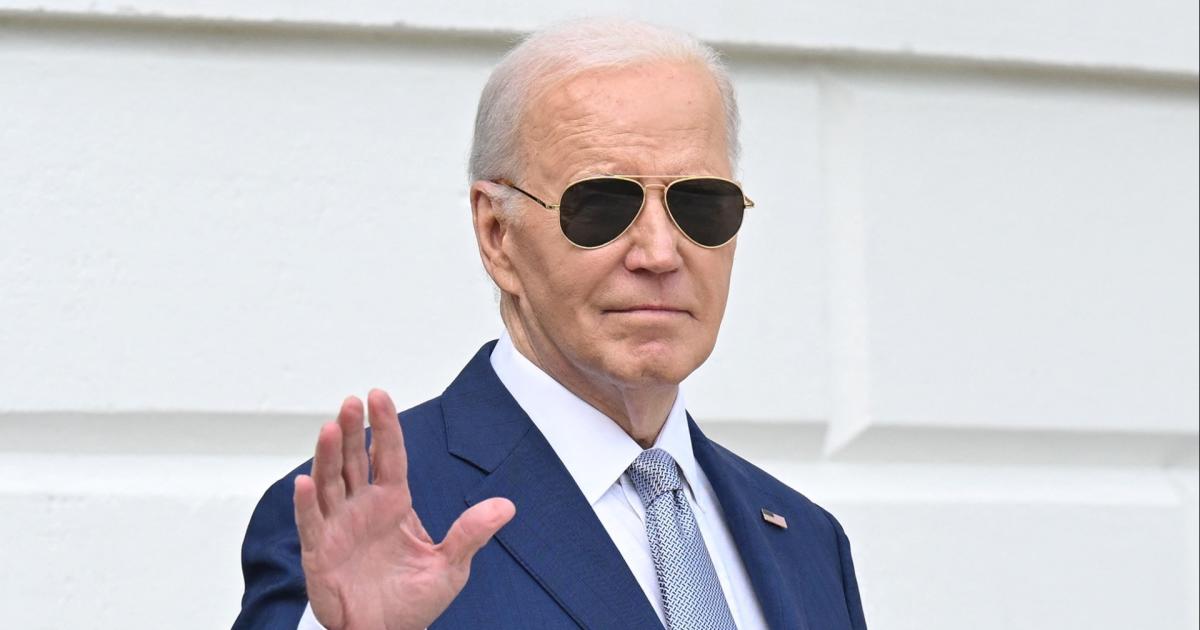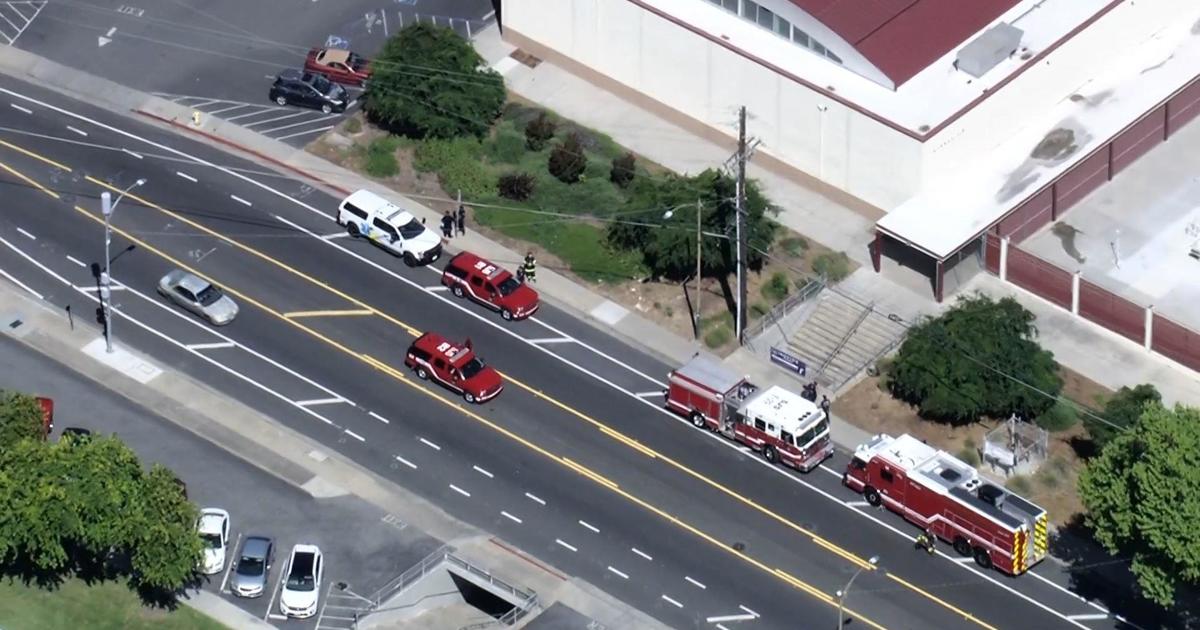Bike Share Program Launched In 5 Bay Area Cities
SAN JOSE (CBS/AP) -- Commuters fed up with traffic-clogged streets have a new option to get around the San Francisco Bay region: pedal power.
A program launched on Thursday allows them to hop on one of more than 600 bikes parked at about 70 different stations.
"This type of program has the potential to get more cars off the road, reduce traffic congestion and promote a healthier and more vibrant community," said San Jose Mayor Chuck Reed, one of dozens of local leaders celebrating the Bay Area Bike Share launch.
Bike-laden, solar-powered racks are already installed, ready to link riders between Caltrain and Bay Area Rapid Transit system stops in San Francisco, Redwood City, Palo Alto, San Jose and Mountain View and their downtown business districts. About 400 more bikes and 40 stations are planned by year's end.
"Cycling is the new golf for the business community in the Silicon Valley, and this program really underscores that culture," said Colin Heyne, deputy director of the Silicon Valley Bicycle Coalition. "We have beautiful weather, generally flat topography and infrastructure that makes it easier."
The region has become friendlier to cyclists: more than 10 miles of bike lanes were added in San Jose in the past two years, Palo Alto is designing a $9 million bike bridge over Highway 101 and San Francisco is adding 34 miles to its existing 45 miles of bike lanes on city streets.
Today as many as 10 percent of trips in Palo Alto are on bike. In San Francisco, bicycle use has jumped 71 percent since 2006 and with the bike-sharing program the city may soon have the highest per capita bicycle use in the United States. The buzz of cyclists—from traffic-dodging delivery riders to tourists pumping their way across the Golden Gate Bridge—is adding to the cacophony of the city, with the tinkling of bells and clicking chain rings.
Software engineer Rodney Paul has been eagerly watching the racks being installed in San Francisco. Paul has been riding one of his bikes each morning to a BART train station in the East Bay and locking it there. Then he rides a train to San Francisco where he has kept a second bicycle locked to ride in to work.
Now he plans to replace his San Francisco bike with a Bike Share.
"It's more healthy, it reduces pollution. I tell people my commute actually relieves stress," he said.
The bike-share program will cost users $88 for an annual key that works at the kiosks where the bikes are docked, or they can swipe a credit card for a three-day ($22) or 24-hour ($9) ride code which entitles them to check out bikes for 30 minute trips. Overtime fees start at $4 for the first half hour, and a lost bicycle will cost $1,200.
There are more than 500 sharing programs in about 50 countries, mostly in Europe, but also in China, Latin America and about a dozen U.S. cities including Washington, D.C., Chicago and Denver. Organizers estimate a half-billion bikes are in use in these programs.
The San Francisco Bay program is unique in that it is separated in five cities, and organizers said they look forward to hearing from other communities that would like to participate. Users are discouraged from moving bikes between cities, which would be both cumbersome because the bikes are heavy, and also expensive if the trip takes longer than 30 minutes.
Supported with about $11 million in initial public funding from regional transportation, environmental and municipal agencies, the program is operated by Alta Bicycle Share Inc., which also operates programs elsewhere.
(Copyright 2013 by CBS San Francisco. All Rights Reserved. This material may not be published, broadcast, rewritten, or redistributed)



